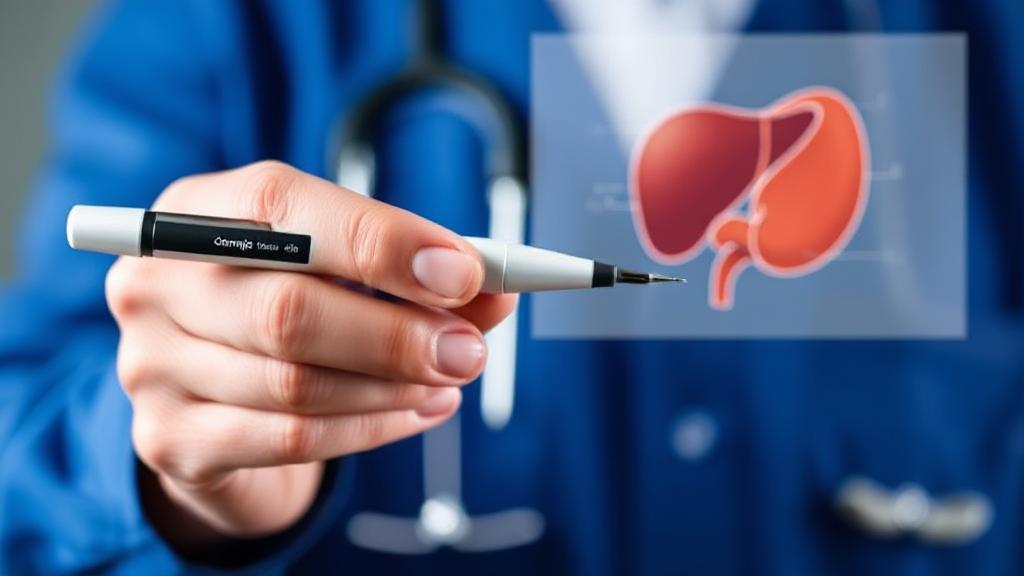Understanding Ozempic and Post-Cholecystectomy Care
Ozempic (semaglutide) is a medication primarily used to manage type 2 diabetes and aid in weight management. It belongs to a class of drugs known as GLP-1 receptor agonists, which work by:
- Slowing gastric emptying
- Reducing appetite
- Helping regulate blood sugar levels
- Promoting weight loss
For more detailed information, visit the official Ozempic website.
Gallbladder Removal: Impact on Digestion
After gallbladder removal (cholecystectomy), your body undergoes several changes:
- Bile flows directly from the liver to the small intestine
- Fat digestion may be less efficient
- Digestive patterns might become irregular
For more on gallbladder removal, the Mayo Clinic provides a comprehensive guide.
Important Considerations
Timing Your Medication
- Wait until fully healed from surgery (typically 2-4 weeks)
- Follow your healthcare provider's specific instructions
- Begin with the lowest dose as recommended
Potential Side Effects
Common side effects may include:
- Nausea
- Diarrhea
- Constipation
- Abdominal pain
Dietary Recommendations
Foods to Include:
- Lean proteins
- Low-fat dairy products
- Whole grains
- Fresh fruits and vegetables
- Healthy fats in moderation
Foods to Limit:
- Fried foods
- High-fat meals
- Large portions
- Spicy foods
Monitoring and Communication
Regular Health Checks
Keep track of:
- Blood sugar levels
- Digestive symptoms
- Weight changes
- Any unusual side effects
- Vitamin absorption, especially fat-soluble vitamins (A, D, E, and K)
Working with Your Healthcare Team
Maintain regular contact with your:
- Primary care physician
- Endocrinologist
- Gastroenterologist
- Nutritionist or dietitian
For additional support, consider:
- Joining online support groups
- Exploring resources from the American Diabetes Association
- Consulting the National Institute of Diabetes and Digestive and Kidney Diseases
Remember that each person's experience may vary, and it's essential to work closely with healthcare providers to develop an individualized treatment plan.
Disclaimer: This article is for informational purposes only and should not be considered medical advice. Always consult with a healthcare professional before making any changes to your medication or treatment plan.
